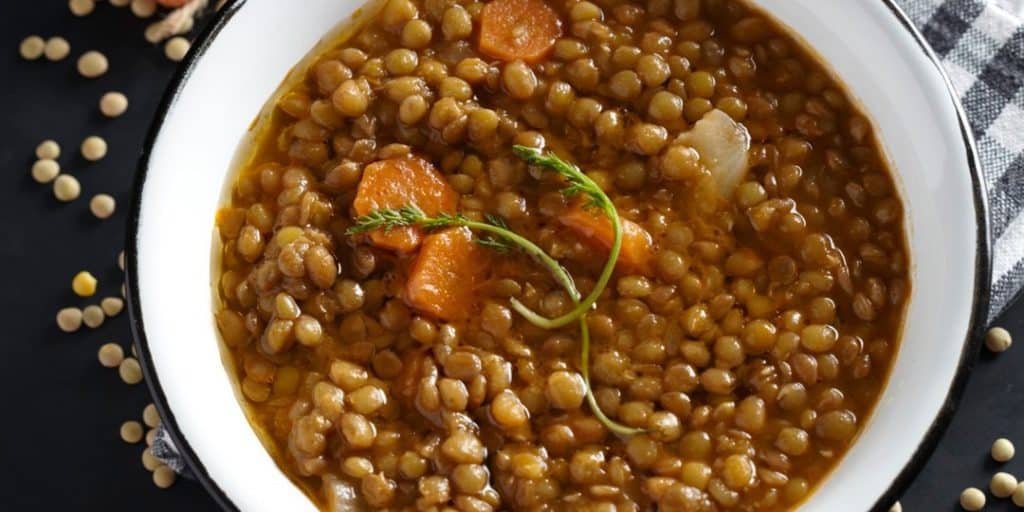What is lent? And why is it so good for your health and overall wellbeing?
Every year millions of Christians around the world embark on a spiritual journey called “Lent” or as Greek Orthodox (and Orthodox people globally) call it, Great Lent.
In Greek it’s called ‘Megali Sarakosti’.
So what is Great Lent?
Great Lent is the Greek Orthodox Lent, a time during which we abstain from foods that are or that contain animals with red blood (such as meats, poultry, game, milk, cheese, eggs, etc.) as well as fish and seafood with backbones.
The main purpose of fasting during Great Lent is to cleanse the body as well as the spirit in preparation for the Resurrection of Christ at Easter, which is the most sacred of all observances in the Greek Orthodox faith and the church calendar year.
Humans have long been engaging in ritual deprivation and self-deprivation, ages before the days of ‘green juice cleanses, ‘liver detoxes’ and ‘intermittent fasting’.
All of these trends may seem modern, but truthfully they follow a long held tradition among people around the world for thousands of years.
Professor Amanda Salis, who is the lead researcher on ‘severe energy restriction’ or ‘fasting’ at the University of Sydney believes that eating and digesting food can take a toll on the body and so occasional fasting can beneficial.
"Eating is not all good. It's necessary, but having a rest from it is probably going to give our bodies a rest from those processes," she explains.
By giving our gut a break from constantly having to breakdown food, the body naturally detoxes.
Fasting can also be good for your mental health, by re-establishing a healthy relationship with food. Many people struggle with overeating, they feel they have no control over their eating patterns or how much they eat. According to psychologist Meredith Fuller, the mental health benefits of fasting come after food is reintroduced after a period of fasting. It’s about listening to your body, giving it the nutrients it needs and making healthy food choices that will allow the body to detox by itself.
Lots of people don’t even realise there are health benefits from fasting. They see it as a period of ‘restriction’ with huge rewards at Easter. You know.... lamb on the spit, grilled haloumi! Oh the aromas of tsoureki….!
Do you ever get that ‘heavy’ feeling after you’ve eaten meat? Meat is heavy, and the body has to work extra hard to digest it. That’s why we often feel tired after a big meal with meat.
To detox, the body needs fibre, vitamins and minerals. Detoxing makes you feel light, energy loaded and overall the feeling of being healthy and vibrant. So how do we get to that state?
How can we utilise the time during lent to actually make it a time of detoxing of the body as well as the spirit? Or perhaps we need some idea out how to detox after our heavy Easter feasts. Let’s break it down into meal times throughout the day.

Some Detox Meal Ideas During Lent and Beyond
Firstly, the period before breakfast when your body has been fasting all night is the perfect time to start the detox. Time to prep the gut.
- Grab half a lemon and squeeze all the juice out, add to a large glass of warm water (not boiling) and slowly drink. Allow 10 minutes for the mixture to work its way into your intestines before eating anything.
After having your lemon water, it’s time to get juicing.
- Ginger and turmeric, celery, spinach, green apple and carrot is a fantastic combination of vitamins and minerals to ingest first thing in the morning.
- For breakfast you can add vegan or ‘plant based’ protein powder to oatmeal, mix it all up with almond or coconut milk and serve with berries.
This meal should keep you full till lunchtime, as it provides protein and carbohydrates.
For lunch, combine protein with a salad or vegetables.
- For example, stuffed peppers and tomatoes (traditionally known as ‘gemista’) are a highly nutritious meal. You can also have a salad with tuna and pomegranate. If you’re craving something sweet, dark chocolate (with 70% cocoa solids) has great health benefits.
When snacking during the Lenten period, make sure to include fruit and nuts.
- Watermelon makes a great snack and is full of natural electrolytes. Walnuts, apple with cinnamon, peanut butter and olives. Cucumbers with taramasolata. Yum!
For dinner, keep it light.
- Traditional lentil soup is highly nutritious, Chickpea soup, maybe minestrone soup with added tofu for protein. Or you could even whip up a tofu fried rice, making sure to include lots of vegetables such as mushrooms and peppers. Greek salad, with or without the feta as a side dish. Horta (traditional Greek greens) are very good for you and should be consuming as many leafy greens as possible when trying to detox.
When fasting, tea is crucial for detoxing.
- Traditionally, mountain tea was consumed multiple times a day. If you can’t get your hands on it, drink lots of Green tea, Peppermint Tea, Cranberry Tea and chamomile tea. Try to limit caffeine as much as possible, it's a great time to try decaf.
- Try to exercise for at least 30 minutes a day, do some reading and try walking during your lunch break if possible. All these little things help detox the mind too.
Trialling this way of eating for 40 days can really do wonders for your health and mental wellbeing.
Give it a go and see if you feel any different!


